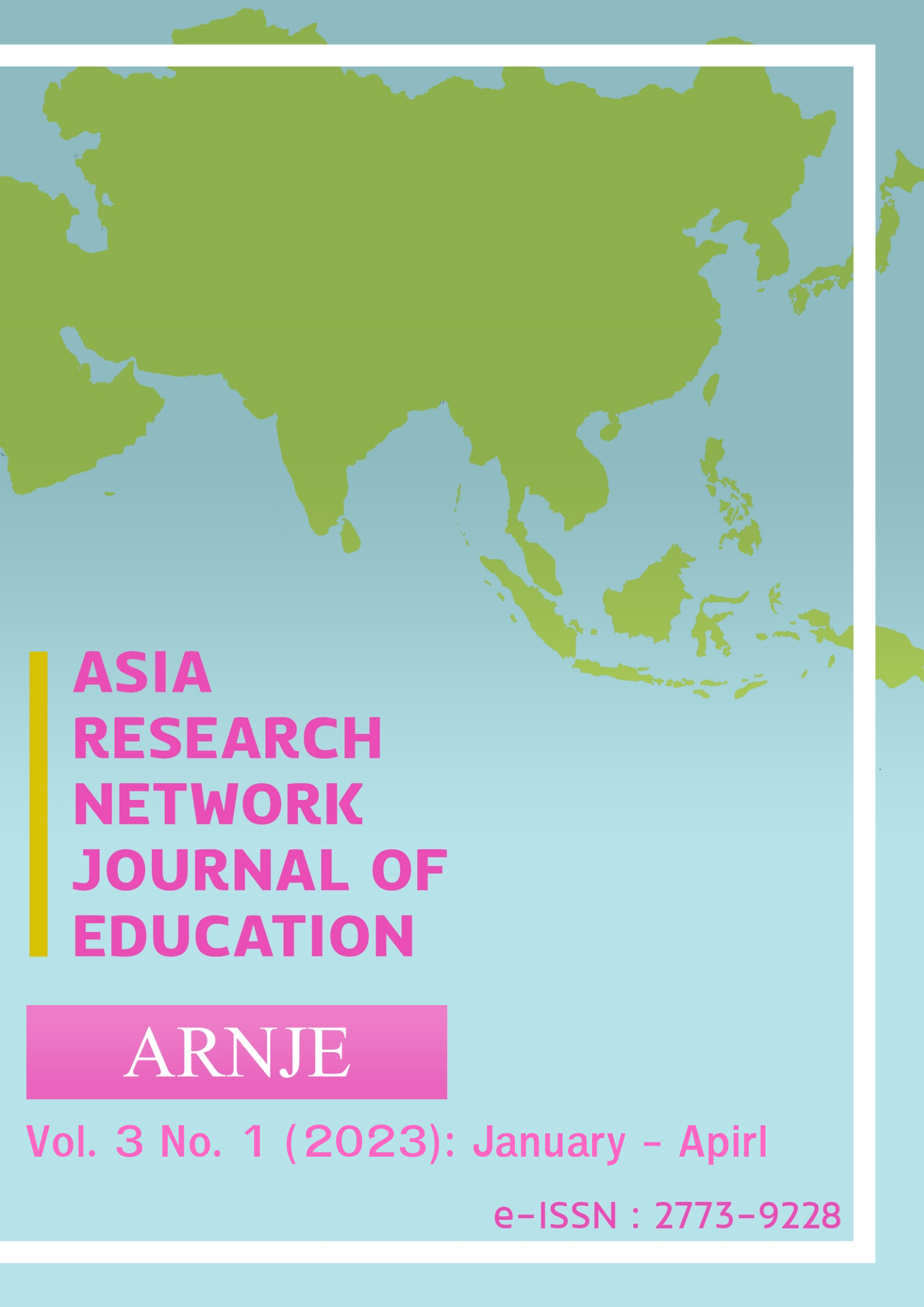Students Perception of the Implementation of Online Teaching and Learning
Main Article Content
Abstract
This study aimed to investigate the student's perception of online teaching and learning implementation on the selected DTTE students at College of Education, MSU-IIT, Iligan City. It utilized descriptive research design. In order to have the essential information needed in this study, a questionnaire, divided into five (5) parts, was adopted and modified that would determine the students' profile, online readiness in terms of availability essentials for online learning, digital literacy, accessibility of online learning platforms and ability of students for using online learning, and the perception of the students towards online learning and the difficulty faced in online learning. The Online Readiness of the respondents in terms of the Availability Essentials for Online Learning, Digital Literacy, Accessibility of Online Learning Platforms, Ability of Students for Using Online Learning was Good by the students of the Department of Technology Teacher Education (DTTE) students. On the other hand, Students' Perception of Online Learning was also Good. The result of the correlation between the Sex of the respondents is not significantly related to the Online Readiness, while Age and Parent's Monthly Income are significantly related to Online Readiness. On the other hand, Sex and Age are significantly related to Students' Perception of Online Learning. At the same time, a Parent's Monthly Income is not significantly related to Students' Perception of Online Learning. It is recommended that teachers use Online Teaching and Learning appropriately and wisely to enhance the teaching-learning processes for the students.
Article Details

This work is licensed under a Creative Commons Attribution-NonCommercial-NoDerivatives 4.0 International License.
Copyright: CC BY-NC-ND 4.0
References
Abuhassna, H., Al-Rahmi, W. M., Yahya, N., Zakaria, M. A. Z. M., Kosnin, A. B. M., & Darwish, M. (2020). Development of a new model on utilizing online learning platforms to improve students’ academic achievements and satisfaction. International Journal of Educational Technology in Higher Education, 17(1). https://doi.org/10.1186/s41239-020-00216-z
Ascough, R. S. (2002). Designing for Online Distance Education: Putting Pedagogy Before Technology. https://doi.org/10.1111/1467-9647.00114
Bianco, M. B., and Carr-Chellman, A. A. (2002). Exploring qualitative methodologies in online learning environments. The Quarterly Review of Distance Education 3, 251 – 260.
Bazimaziki, G. (2020). Challenges in using ICT Gadgets to cope with effects of COVID-19 on Education: A short survey of online teaching Literature in English. Journal of Humanities and Education Development, 2(4), 299–307. https://doi.org/10.22161/jhed.2.4.8
Crossman, A. (2020) An Overview of Qualitative Research Methods. Direct Observation, Interviews, Participation, Immersion, Focus Groups. Thought Co. https://www.thoughtco.com/qualitative-research-methods-3026555
Dabaj, F. (2008), The Role Of Gender And Age On Students’ Perceptions Towards Online Education. https://bit.ly/3o2HQju
Davis, J.P. (2019). Preservice teacher learning experiences of entrepreneurial thinking in a STEM investigation. Entrepreneurship Education, 2:1–17
Hardman, J., & Ntlhoi, T. (2021). Online Quizzes as Mediating Tools for Teaching Information Communication Technology to First Year Students at a College of Education in the Developing Context of Lesotho. Asia Research Network Journal of Education, 1(2), 50–60.
Huang, H. M. (2002). Toward constructivism for adult learners in online learning environments. British Educational Research, 33(1), 27-37. https://doi.org/10.1111/1467-8535.00236
Mohalik, R., & Sahoo, S. (2020). E-Readiness and Perception of Student Teachers’ Towards Online Learning in the Midst of COVID-19 Pandemic. SSRN Electronic Journal. https://doi.org/10.2139/ssrn.3666914
Odunlade, R.O. (2017). Availability and Accessibility of Information Resources as Predictor of Lecturers’ Teaching Effectiveness. University of Nebraska – Lincoln.
Pokhrel, S., & Chhetri, R. (2021). A Literature Review on Impact of COVID-19 Pandemic on Teaching and Learning. Higher Education for the future, 8(1), 133–141. https://doi.org/10.1177/2347631120983481
Smart, K., & Cappel, J. J. (2006). Students’ Perceptions of Online Learning: A Comparative Study. SSRN Electronic Journal. https://doi.org/10.2139/ssrn.3524610
Stevens, G.J., Bienz, T., Wali, N., Condie, J. and Schismenos, S. (2021). "Online university education is the new normal: but is face-to-face better?", Interactive Technology and Smart Education, Vol. 18 No. 3, pp. 278-297. https://doi.org/10.1108/ITSE-08-2020-0181
Xu, D., & Jaggars, S. S. (2011). The effectiveness of distance education across Virginia’s community colleges: Evidence from introductory college-level math and English courses. Educational Evaluation and Policy Analysis, 33(3), 360–377. https://doi.org/10.3102/0162373711413814
Yazon, A. D. & Ang-Manaig, K. (2019). Emotional Intelligence and Occupational Stress among Filipino Teachers. Universal Journal of Educational Research 7(11), 2303-2313. https://doi.org/10.13189/ujer.2019.071108
Yang, Y. & Cornelius, L. F. (2004). Students' Perceptions towards the Quality of Online Education: A Qualitative Approach. Association for Educational Communications and Technology, Washington, DC. https://eric.ed.gov/?id=ED485012
Yu, Z. (2021). The Effects of Gender, Educational Level, and Personality on Online Learning Outcomes during the COVID-19 Pandemic. International Journal of Educational Technology in Higher Education, 18(1). https://doi.org/10.1186/s41239-021-00252-3


